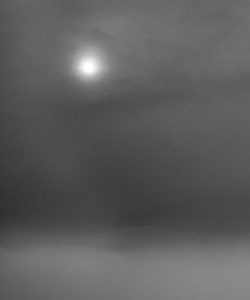
Dark World (2022)
It was a day of horror. On February 28, 2022, the Intergovernmental Panel on Climate Change (IPCC), headquartered in Geneva, published its gloomiest report yet.
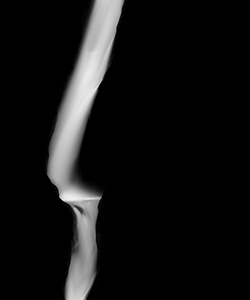
Lifequake (2021)
Before the start of the COVID-19 pandemic, most of us, at least in the Western part of the world, considered the world we live in to be “normal.” But the world is anything but normal.
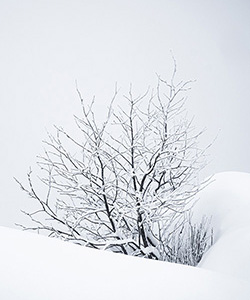
Listen To Silence (2021)
Street noise, train noise, airplane noise, noise at the railway station, noise in the office, lawnmowers, steam vents, a slamming door in the staircase, the beep of a smartphone. What does silence sound like? Finding an answer is difficult.
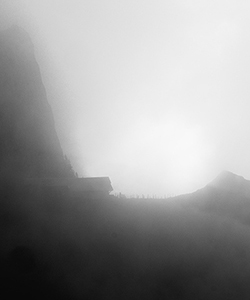
The World Is Darkening (2021)
A person is riding a bike along a road. A sudden noise distracts her, the front wheel touches the edge of the road, she loses her balance, falls, and in the next second, she feels a terrible pain in her right arm. Probably a broken bone, she thinks. What will she do next?
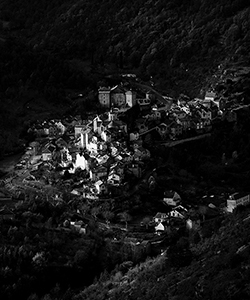
The Dark Side of Life (2020)
“Nothing has changed the nature of man as much as the loss of silence,” wrote philosopher Max Picard between the end of World War II and the beginning of the Cold War. A few years later, in 1953, the Doomsday Clock of the Bulletin of Atomic Scientists was at two minutes to midnight—the world was then on the brink of an atomic war.
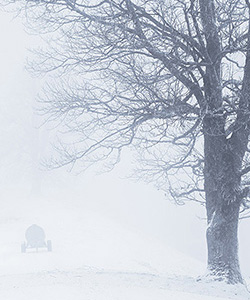
Silence (2020)
Snow reduces sound because snowflakes consist of tiny, branched ice crystals with cavities, at least until the snow freezes. This is not only a human perception but a proven effect. Acousticians have measured the effects of falling snowflakes. William Shakespeare (1564–1616) saw another component:
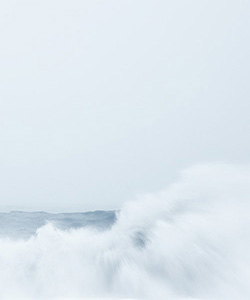
Silent Moments, (2020)
We stood on a beach in Iceland near the 63rd parallel north on an April morning. The rain was running down our faces. The temperature was around 30° Fahrenheit, and the wind was blowing up to 40 mph. The wind and the breaking waves were louder than our shouting.
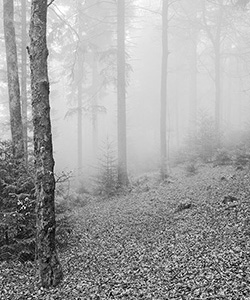
Vanishing Silence (2019)
“My friend Lowell has moderately severe Tourette’s syndrome,” wrote neurologist Oliver Sacks, who died in 2015, in his book Everything in Its Place. In Lowell’s usually busy city environment, he had hundreds of tics and verbal ejaculations each day – grunting, jumping, and touching things compulsively. Sacks was amazed one day when he and Lowell were hiking in a desert to realize that Lowell’s tics had disappeared entirely.
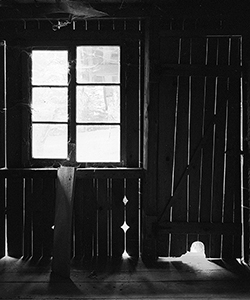
What Will Happen to Us? (2018)
What will happen to us? This question went through my mind when I was hiking with my wife on a rainy day in the Emmen Valley region of Switzerland. In 1896, the Swedish chemist Svante Arrhenius pointed out that burning coal and kerosene could lead to global warming.
